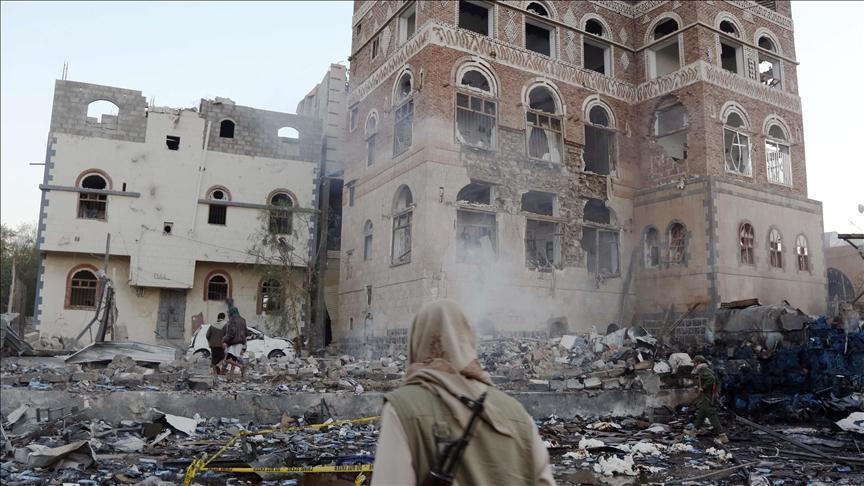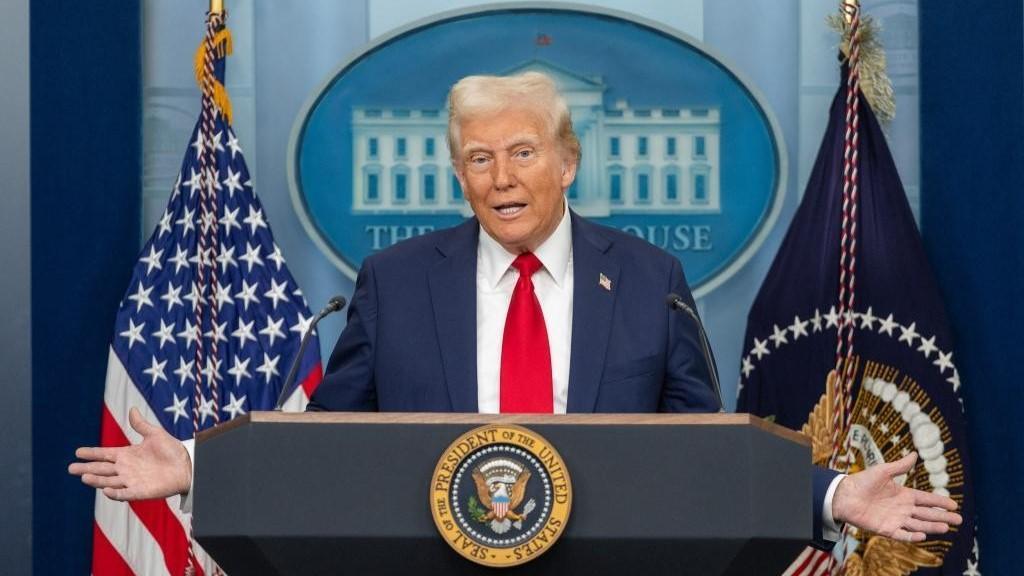Ukraine gay rights activists hold first ever march
KIEV - Agence France-Presse

An activist's silhouette is seen through a rainbow flag during a Gay Parade in Kiev on May 25. AFP photo
Around a hundred gay rights activists marched in Ukraine on May 25 despite fears of violence, marking the first gay pride event in the ex-Soviet country, where homophobia is widespread and socially accepted."This can be considered a historic day," Elena Semyonova, a representative of the organisers, said after the event.
"We felt like we were full-fledged citizens whose rights are respected," she told AFP. The march went ahead despite strong public resistance.
City authorities had said they had received more than 500 complaints from members of the public ahead of the planned gay pride march, while more than 60 parliamentary lawmakers signed a letter calling for a blanket ban on all gay pride events in May and June.
A Ukrainian court on May 23 ruled that no events could be staged in the centre of Kiev because of City Day celebrations so the march organisers had opted for a smaller gathering far from the city centre.
Lesbian and gay rights activists, holding rainbow flags and placards, held a brief, 20-minute-long march along a Kiev street amid a heavy police presence.
The activists were far outnumbered by several hundred police and some 400-500 opponents of the event who included religious activists seeking to disrupt the march. Unlike gay pride events in the West, the Kiev march was low-key and did not feature any provocative clothing or LGBT (Lesbian, Gay, Bisexual and Transgender) paraphernalia.
The organisers advised participants to eschew any earrings or other accessories and put on comfortable clothes and flat shoes that could help them escape quickly in case of a sudden attack or scuffle.
"LGBT rights are human rights"
"Human rights are my pride," chanted the activists who included a delegation from the southern German city of Munich, as well as gays and lesbians from Denmark, Sweden, Norway and the Netherlands.
"Homosexuality is not an illness" and "LGBT rights are human rights" read the slogans they carried. The Munich delegation led by a senior official from the Munich City Hall Josef "Hep" Monatzeder carried a placard "Munich welcomes its sister city Kiev." "I am surprised by such a strong police presence," Monatzeder said in televised remarks. Western supporters at the march also included Marije Cornelissen, a European Parliament lawmaker.
Religious activists sought to thwart the procession and two of them managed to breach a police cordon as they tried to attack the gay activists but were detained. Some fell to their knees as they cried out "Gays out of Ukraine!" Around a dozen anti-gay activists were detained in total.
According to the organisers of the march, there are between one and two million gays and lesbians in Ukraine, which has a population of some 45 million.
As in neighbouring Russia, the influence of the dominant Orthodox Church is strong and homophobia remains widespread. Russian gay rights activist Nikolai Bayev praised Ukrainian authorities for allowing the march to go ahead in Kiev. "It is of course a more progressive country than Russia," he told AFP, adding that Russian authorities effectively introduced a blanket ban on all gay pride events.
















